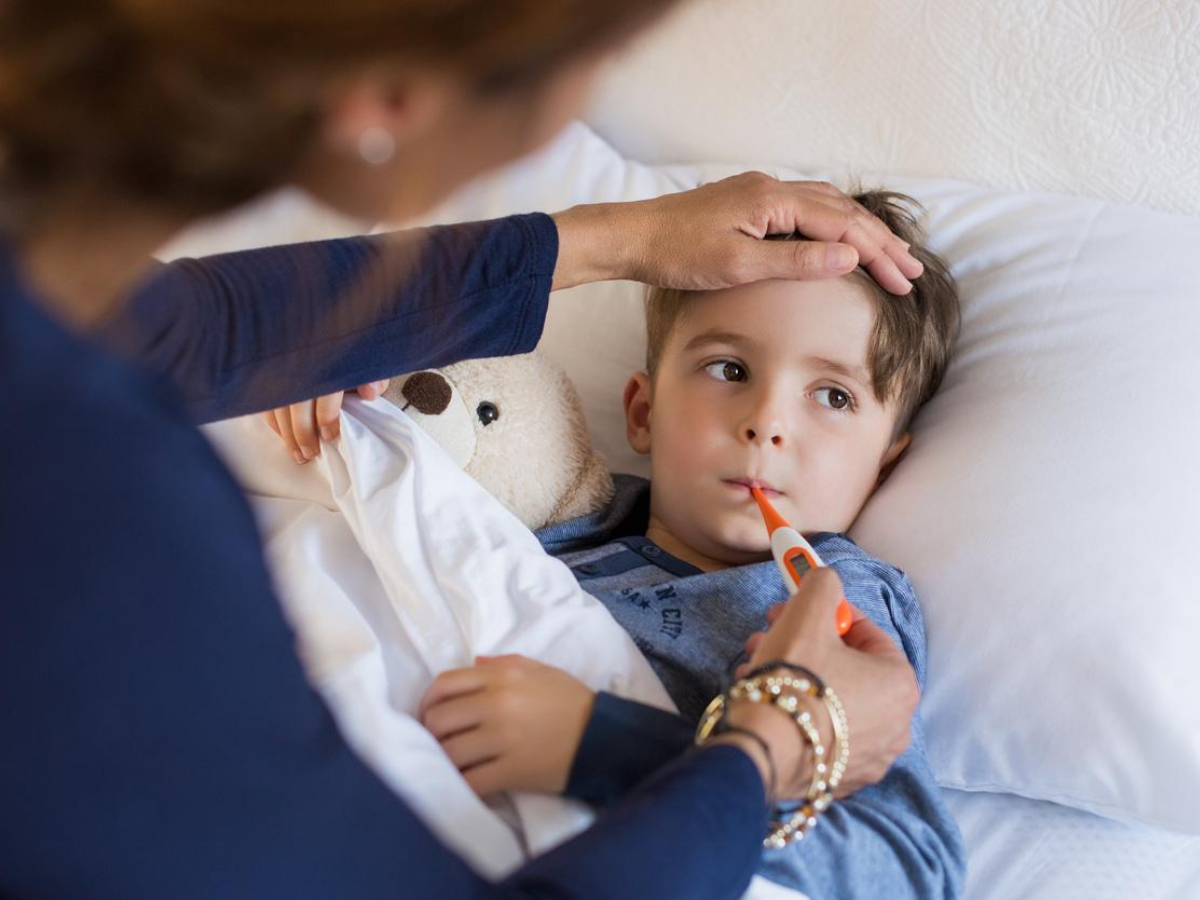Explaining how the coronavirus affects children, Dr. Lakshmi further emphasized: “Some theories suggest that children do not have the A2 receptor, which is what SARS-CoV-2 needs to spread to the lower respiratory tract. In children, this does not develop, so the infection is found mainly in the upper respiratory tract. “
According to a study published in the Journal Jama, “the expression of the ACE2 gene in the nasal epithelium was lower in younger children” than the 305 patients with coronavirus, who were between 4 and 60 years old.
In fact, many studies in China, Australia, the Netherlands and Iceland have confirmed the same thing: fewer children get sick from coronavirus infection compared to adults, but those who do, can end up seriously ill due to abnormalities immune system
Other health experts believe it is children’s rapidly developing immune system, constantly fighting against new pathogens (new to their bodies, but not to adults), that is flexible enough to deal with new viruses and bacteria. .
.
